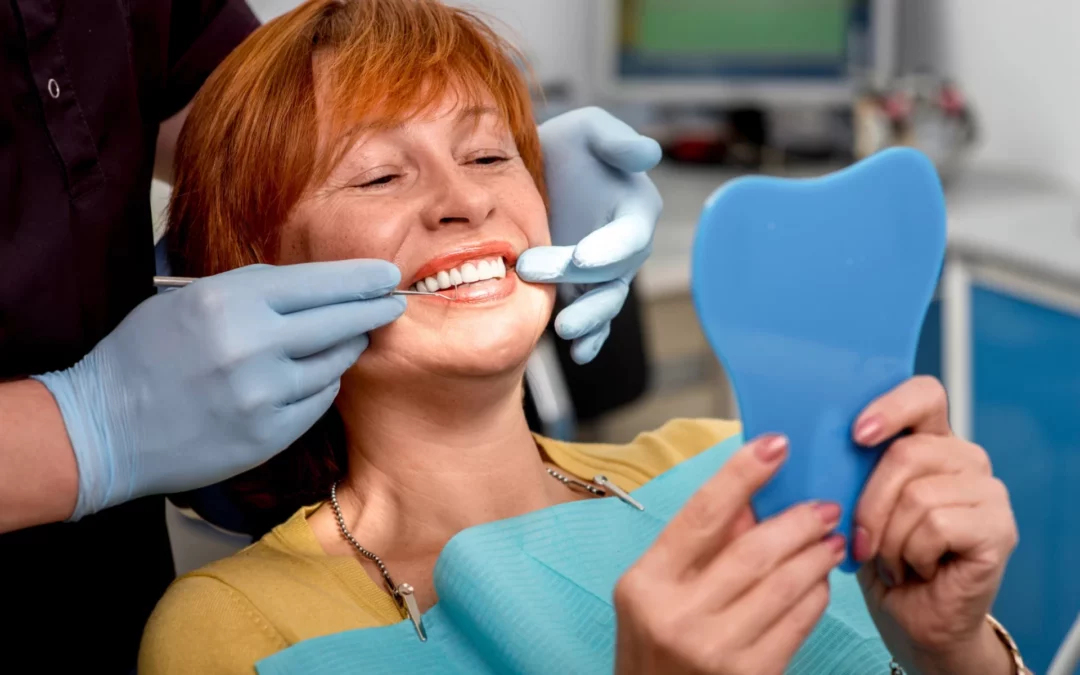Maintaining good oral health involves regular dental check-ups, including periodontal exams. These exams are essential for assessing the health of your gums and detecting early signs of gum disease or other oral health issues. However, determining how often you should opt for periodontal exams depends on various factors, including your overall oral health, risk factors for gum disease, and any existing dental conditions. Understanding the recommended frequency of periodontal exams can help you stay proactive in caring for your gums and preserving your oral health.
Individual Oral Health Needs
The frequency of periodontal exams in Coweta OK or elsewhere may vary depending on your individual oral health needs. While some individuals may require more frequent exams due to a history of gum disease or other risk factors, others with healthier gums may only need periodic evaluations. Your dentist or dental hygienist will assess your oral health status and recommend an appropriate schedule for periodontal exams based on your specific needs.
General Guidelines
In general, it is recommended to undergo a periodontal exam at least once a year as part of your routine dental check-up. This allows dental professionals to monitor the health of your gums and detect any changes or early signs of gum disease. However, for individuals with a higher risk of gum disease, such as those with diabetes, smokers, or individuals with a family history of gum disease, more frequent periodontal exams may be necessary.
Existing Dental Conditions
If you have existing dental conditions or are undergoing treatment for gum disease, your dentist may recommend more frequent periodontal exams to monitor your progress and ensure that your treatment is effective. Individuals with a history of gum disease or those who have undergone periodontal therapy may benefit from more frequent exams to prevent recurrence of the disease and maintain optimal gum health.
Age and Life Changes
As you age, your oral health needs may change, requiring adjustments to the frequency of periodontal exams. Additionally, life changes such as pregnancy or changes in medication may increase your risk of gum disease and warrant more frequent evaluations. It is essential to communicate any changes in your health or medication regimen to your dentist to ensure that your oral health needs are met appropriately.
Personal Oral Hygiene Practices
Your oral hygiene habits also play a crucial role in determining the frequency of periodontal exams. Individuals who maintain good oral hygiene practices, including regular brushing, flossing, and using antimicrobial mouth rinses, may require fewer periodontal exams compared to those with poor oral hygiene habits. However, even with excellent oral hygiene, regular dental check-ups, including periodontal exams, are essential for maintaining optimal gum health.
Conclusion
The frequency of periodontal exams depends on various factors, including individual oral health needs, existing dental conditions, age, life changes, and personal oral hygiene practices. While routine exams are typically recommended at least once a year, individuals with a higher risk of gum disease or those undergoing treatment for gum disease may require more frequent evaluations.

